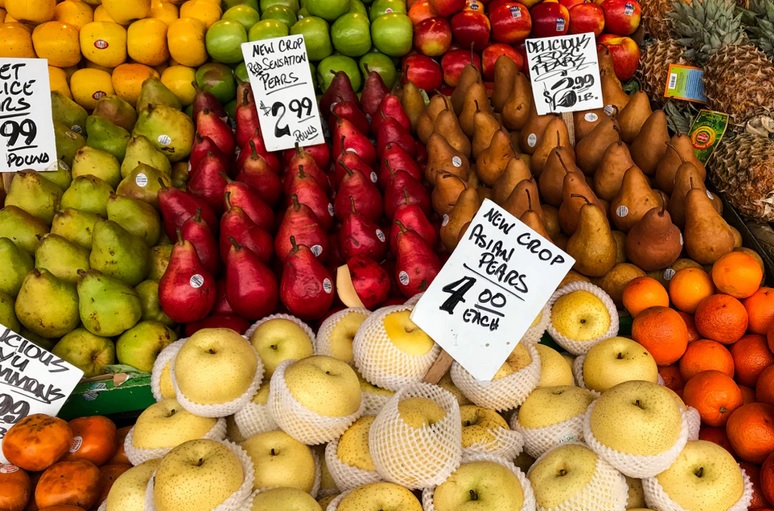Pop quiz: Is “veggie bacon” made out of pork? If this seems like a dumb question, take a gander at a new Louisiana statute targeting such labels as deceptive. Signed in June by Governor John Bel Edwards, the law prohibits “selling a food product under the name of an agricultural product.”
“Far too long the issue has gone unchecked,” said the bill’s sponsor, state Senator Francis Thompson. “Broccoli is not rice. Cell cultures are not meat. And certainly tofu burgers are not meat.” Missouri passed similar legislation last year, and other agricultural states may follow suit. These laws are billed as a way to protect consumers. In reality they’re a way for farmers and ranchers to protect their turf.
Vegetarian alternatives to meat have lately made a splash. National chains like Burger King and White Castle are rolling out the Impossible Burger, a plant-based patty designed to “bleed” like the real thing. Beyond Meat went public in May, and investors have since proved ravenous for the company’s shares.
As for “cell cultures,” researchers are trying to lab-grow palatable tissue—ground beef, fish, even steak—by coaxing it into the right structures. This isn’t yet commercialized, but the logic is clear: Why feed and slaughter a cow if you can get hamburgers to reproduce?
Whether shoppers will take to the idea remains to be seen. But as for the labeling, they’re surely smart enough to discern the difference between meat, “plant-based meat” and some still-theoretical “cell-based meat.” Ditto for milk, which dairies perceive as threatened by sneaky impostors such as almond milk.
Opponents of such rigid labeling laws point out that these English usages—coconut “meat” and “milk,” for instance—date back centuries. They say that forcing food companies to adopt unfamiliar terms like veggie “discs” or “rolls” would only increase consumer confusion. If the product is meant to be imitation bacon, “veggie protein strips” doesn’t exactly sell it.
Which is the point. The maker of Tofurky has sued Missouri, arguing that the new labeling law violates the First Amendment because it “prevents the sharing of truthful information and impedes competition.” Carnivores should join their herbivorous brethren in rooting for the plaintiffs.
Disclaimer: Articles featured on Oregon Report are the creation, responsibility and opinion of the authoring individual or organization which is featured at the top of every article.


